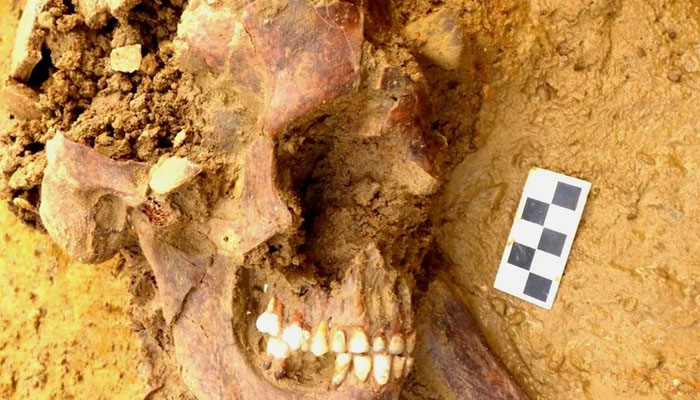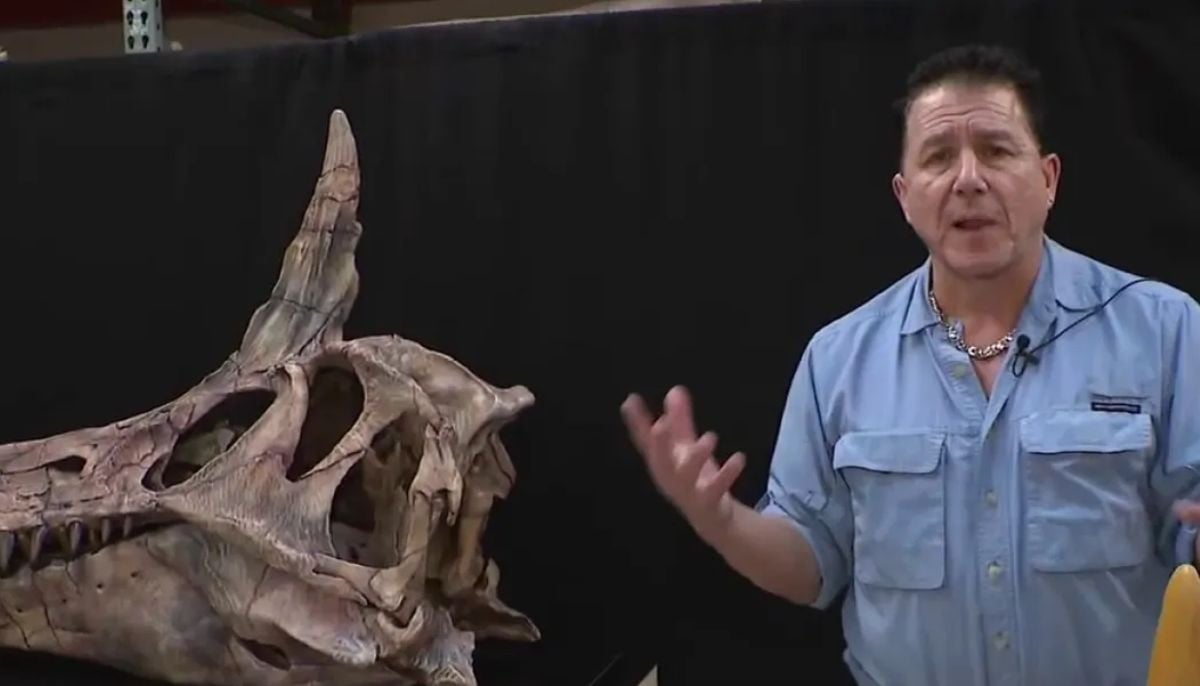How British DNA detectives solved mystery of 2,000-year old Cambridgeshire corpse?
2,000-year-old Cambridgeshire corpse of a man was identified surprisingly by DNA detectives
How did a young man who lived 2,000 years ago in the vicinity of what is now southern Russia find himself in Cambridgeshire — the countryside of England?
British DNA detectives have followed in his footsteps and illuminated a significant chapter in Roman Britain's past.
According to research, the man whose skeleton was discovered in Cambridgeshire belongs to the Sarmatians, a nomadic group of people, reported BBC.
It is the first biological evidence that some of these people lived in rural areas and that they travelled to Britain from the farthest limits of the Roman Empire.
When excavating to upgrade the A14 road between Cambridge and Huntingdon, the ruins were found.
By using scientific methods, the often-untold tales of common people behind significant historical occurrences will become more visible.
Among these is the ability to decipher an individual's ethnic origin from the genetic code found in fossilised bone fragments that date back hundreds of thousands of years.
A man's whole, well-preserved skeleton was uncovered by archaeologists. He was given the specimen number 203645 and the name Offord Cluny, which is a combination of the village in Cambridgeshire where he was located. There was not much to identify him because he was buried in a ditch without any personal belongings.
Offord's ancient DNA was recovered and decoded by Dr Marina Silva of the Ancient Genomics Laboratory at the Francis Crick Institute in London from a small bone retrieved from his inner ear, which was the finest preserved section of the complete skeleton.
-
Climate change vs Nature: Is world near a potential ecological tipping point?
-
125-million-year-old dinosaur with never-before-seen spikes stuns scientists in China
-
Scientists stunned as shark appears for first time in Antarctic Southern Ocean waters
-
New study suggests universe can end in ‘Big Crunch’ in 20bn years
-
Hidden Venus: New data discovers massive underground Lava Tube
-
‘Earth is defenseless against city-killer asteroids’: NASA issues stark warning
-
Annular solar eclipse 2026: Where and when to see the ‘Ring of fire’
-
Bright green comet C/2024 E1 nears closest approach before leaving solar system












